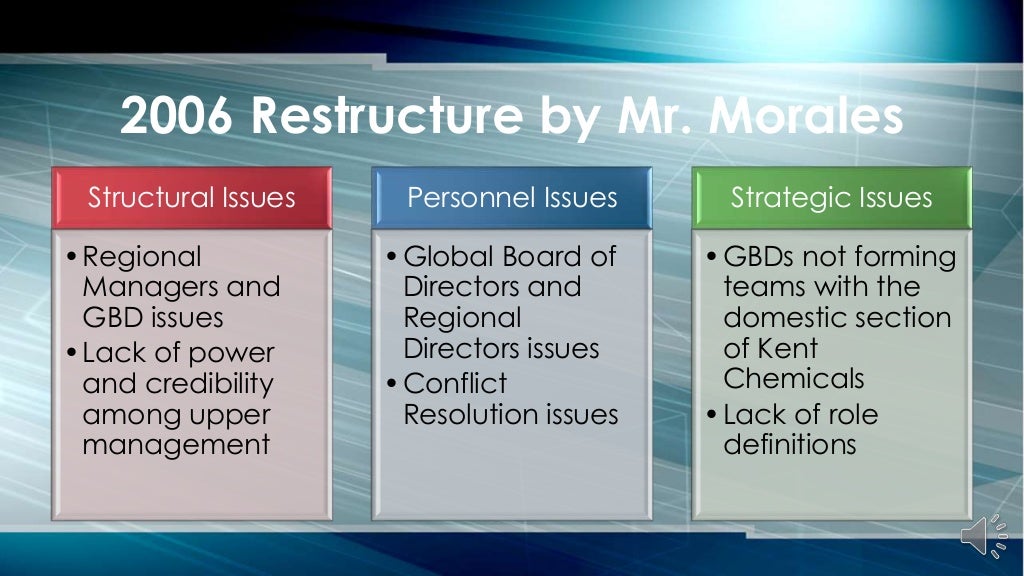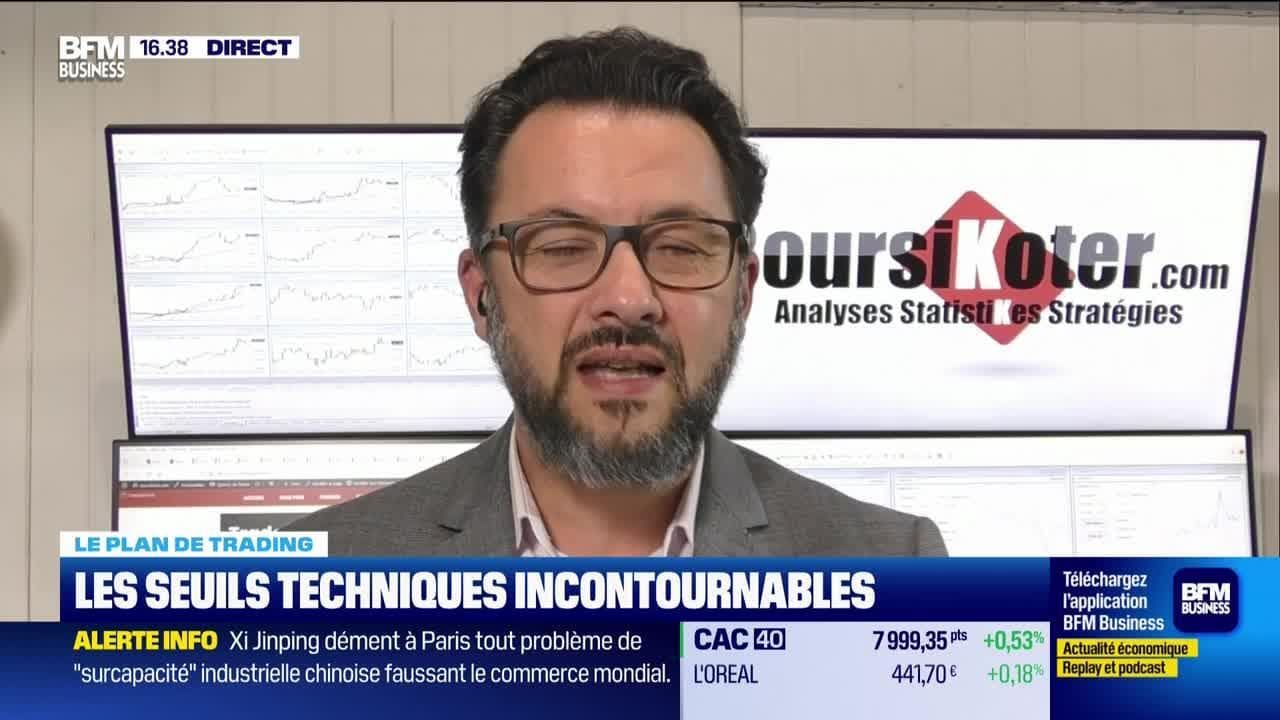Section 230 And Banned Chemicals: A Case Study Of EBay's Liability

Table of Contents
Understanding Section 230 and its Application to E-commerce Platforms
Section 230 of the Communications Decency Act of 1996 provides immunity to online platforms from liability for user-generated content. This means that websites and online marketplaces aren't typically held responsible for what their users post or sell, provided they act in "good faith." "Good faith" efforts in content moderation generally involve implementing reasonable policies and procedures to identify and remove illegal or harmful content. However, this protection isn't absolute.
Section 230's limitations are significant. While it shields platforms from liability for most user-generated content, it does not protect them from:
- Directly creating illegal content: If eBay itself actively promoted the sale of banned chemicals, it would lose its Section 230 protection.
- Failing to act on known violations: Ignoring clear evidence of banned chemical sales, after being notified, could jeopardize their immunity.
- Contributing to the illegality: If eBay's design or features actively facilitated the sale of banned chemicals, liability could arise.
Examples of activities protected under Section 230: Moderating user comments on a blog, removing offensive posts from a forum.
Examples of activities NOT protected under Section 230: Actively soliciting the posting of illegal content, knowingly hosting child pornography.
The role of proactive content moderation is paramount in mitigating liability. Platforms must demonstrably take steps to prevent prohibited items from appearing on their sites. This proactive approach can significantly reduce the risk of legal action.
eBay's Policies and Practices Regarding Banned Chemicals
eBay maintains a comprehensive list of prohibited and restricted items, which includes a wide range of chemicals that pose health, safety, or environmental risks. These items are subject to strict enforcement. eBay employs several methods for detecting and removing listings of banned chemicals, including:
- Automated systems: Algorithms scan listings for keywords and descriptions associated with prohibited items.
- Manual review: Human moderators review flagged listings and potentially suspicious activity.
- User reporting: eBay encourages users to report suspicious listings via dedicated reporting mechanisms.
Specific examples of chemicals banned on eBay: Many highly toxic substances, explosives, and precursor chemicals used in the production of illegal drugs are explicitly forbidden.
While eBay's current enforcement strategies are extensive, there is always room for improvement. The sheer volume of listings makes complete monitoring a challenge.
Areas where eBay's policies could be improved: Enhancing artificial intelligence capabilities to better identify subtle attempts to circumvent restrictions, improving user reporting efficiency, and providing more transparent information about enforcement actions.
Case Studies: Examining eBay's Liability in Past Incidents
While finding publicly available legal cases specifically targeting eBay and the sale of banned chemicals and Section 230 is difficult due to confidentiality, analyzing similar cases involving other platforms and prohibited items provides valuable insight. Cases involving the sale of counterfeit goods or illegal weapons demonstrate the legal complexities and the potential for liability when platforms fail to adequately address known risks.
The outcome of such cases often hinges on whether the platform acted with reasonable care and "good faith." Negligence, defined as a failure to exercise the care that a reasonable person would exercise in similar circumstances, is a key factor in determining liability.
Summary of key cases (illustrative, not specific to eBay and banned chemicals): Cases have shown that failure to address known issues, even with Section 230 protection, can lead to substantial fines and legal repercussions.
Analysis of legal arguments: The defense frequently centers on the platform's proactive measures and the impracticality of 100% effective monitoring. Plaintiffs often argue that platforms should do more to prevent illegal activity.
Lessons learned from past incidents: Proactive content moderation, coupled with robust user reporting mechanisms and transparent enforcement policies, are crucial in minimizing liability.
The Balancing Act: Protecting Sellers While Ensuring User Safety
Online marketplaces face the significant challenge of balancing free speech principles with the crucial responsibility of protecting their users from harmful products. Overly strict policies could stifle legitimate businesses and limit seller freedom, while overly lenient policies could create a haven for illegal activities.
The economic implications are substantial. Too much regulation could damage seller confidence and limit platform growth. Conversely, insufficient regulation could result in significant legal costs, damage to reputation, and potential harm to users.
Suggestions for improved content moderation techniques: Investing further in AI-powered detection systems, integrating chemical identification databases directly into listing processes, and employing specialized teams to review high-risk categories.
The role of artificial intelligence in detecting banned chemicals: AI can significantly improve the speed and accuracy of identifying prohibited items by analyzing chemical formulas, synonyms, and contextual clues within listings.
Strategies for educating sellers about prohibited items: Clearer guidelines, easily accessible FAQs, educational resources, and proactive outreach to seller communities are essential.
Conclusion: Section 230 and the Future of Banned Chemical Sales on eBay
This article has explored the multifaceted relationship between Section 230, eBay's liability, and the sale of banned chemicals. The complexities are undeniable; eBay walks a tightrope between protecting free expression and preventing the sale of harmful substances. The platform’s legal position significantly relies on demonstrating “good faith” through proactive content moderation and robust enforcement policies. The ongoing debate surrounding Section 230's scope and application continues to shape the landscape for online marketplaces.
The future of regulating banned chemical sales on platforms like eBay requires a collaborative approach. Further research, open discussion, and transparent dialogue are vital to finding solutions that effectively balance user safety, free speech, and the economic realities of online commerce. We encourage you to share your perspectives on the ongoing challenges related to Section 230 and the sale of banned chemicals. Let's work together to foster a safer online environment while respecting the principles of free expression.

Featured Posts
-
 Marches Parisiens Decryptage Fdj Et Schneider Electric Semaine Du 17 Fevrier
Apr 23, 2025
Marches Parisiens Decryptage Fdj Et Schneider Electric Semaine Du 17 Fevrier
Apr 23, 2025 -
 Infotel Et Sa Valeur Ajoutee Un Succes Client Du 17 02
Apr 23, 2025
Infotel Et Sa Valeur Ajoutee Un Succes Client Du 17 02
Apr 23, 2025 -
 Suriye De Ramazan Bayrami Ne Zaman Pazartesi Kutlamalari Basliyor
Apr 23, 2025
Suriye De Ramazan Bayrami Ne Zaman Pazartesi Kutlamalari Basliyor
Apr 23, 2025 -
 The Trump Fdas Impact On Biotech Investment And Innovation
Apr 23, 2025
The Trump Fdas Impact On Biotech Investment And Innovation
Apr 23, 2025 -
 Seuils Techniques Le Guide Complet Pour L Alerte Trader
Apr 23, 2025
Seuils Techniques Le Guide Complet Pour L Alerte Trader
Apr 23, 2025
